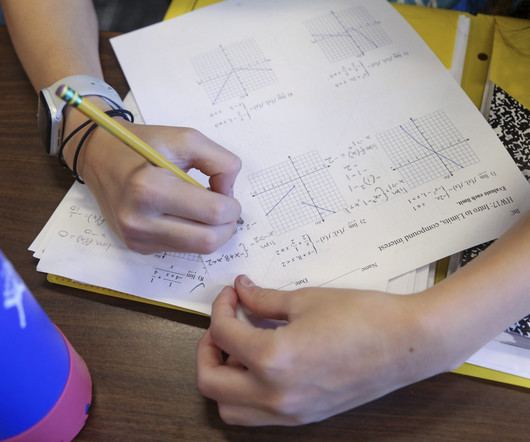YouScience Releases Career Insights Report on Women, STEM, and the Talent Shortage
eSchool News
MARCH 9, 2022
AMERICAN FORK, Utah, March 9, 2022 /PRNewswire/ — YouScience , a leader in aptitude-based assessments, personalized career guidance, and industry-recognized certifications that support college and career success, today announced the release of a new national report, Career Insights: Women, STEM, and the Talent Shortage.















Let's personalize your content